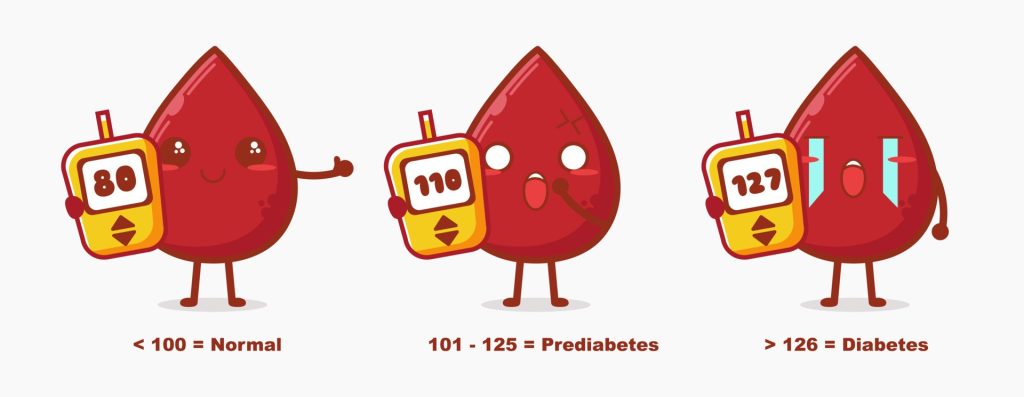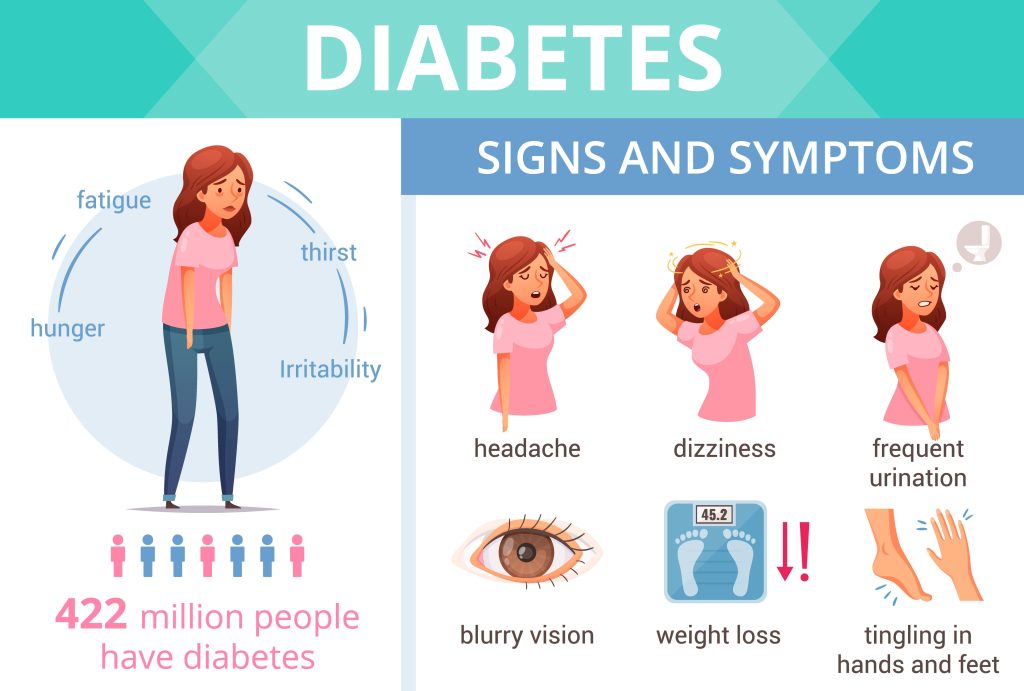
Diabetes distress is the emotional impact in diabetic individuals, which can include feelings of guilt, anxiety, and concerns about self-management of the condition. Living with diabetes involves variety of self-care behaviours such as medication adherence, healthy diet, and glucose monitoring. The continual duties of self-care, combined with a fear of complications, are the reason for this issue.
It is due to social (e.g., stigma, discrimination, or dealing with other people’s unhelpful reactions or lack of understanding) and financial difficulties that they face in their daily routine.
Low mood is one of the signs of diabetes distress. Diabetes distress differs from other types of distress, such as depression, which is also common among diabetics. It is not classified as a mental disease. Diabetes distress is widespread and long-lasting, with prevalence estimates of more than 20% for both type 1 and type 2 diabetes.
Diabetes distress is categorised into six domains: treatment regimen, food and eating, future and complications, hypoglycemia, social and interpersonal relationships, and interactions with health-care professionals.


